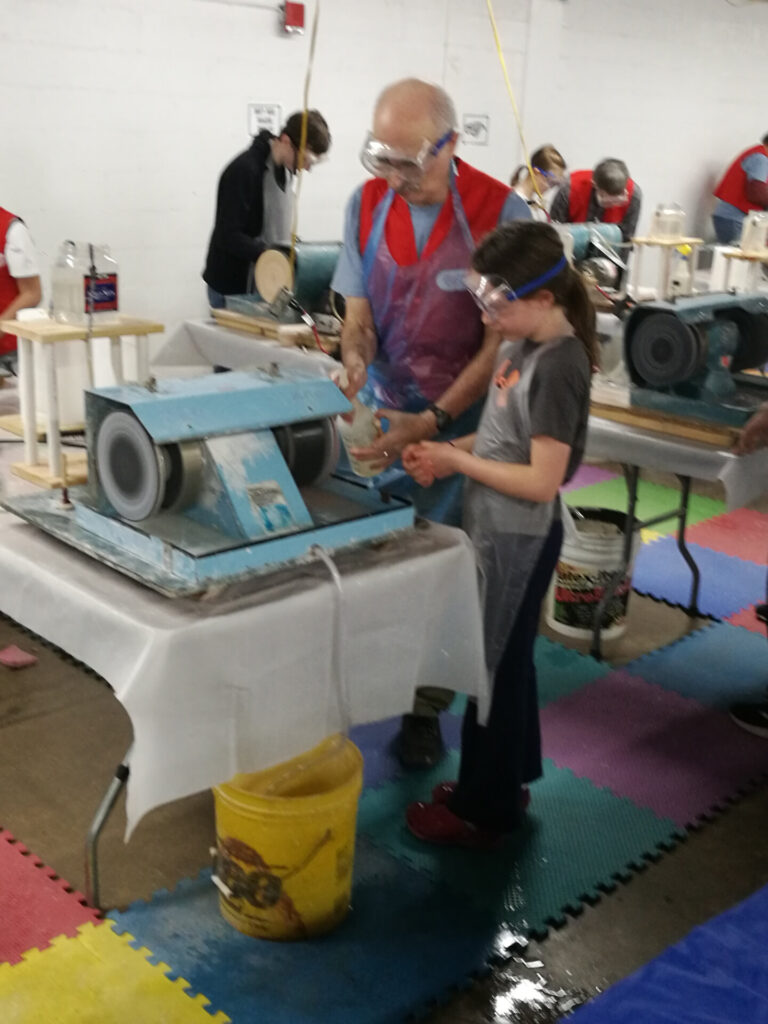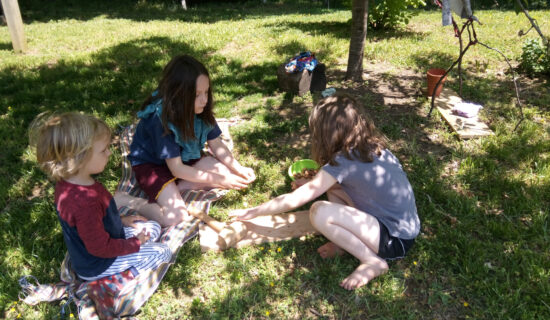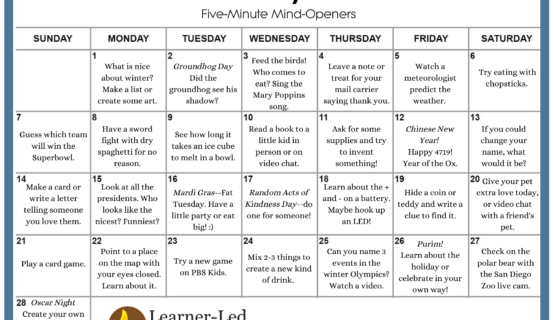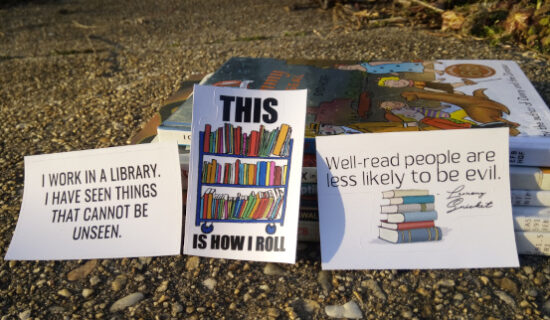Most of us are going to use some curriculum at some point. There is definitely a range of quality, but the most important thing is that it lights the learner’s fire. For some learners, there is no preplanned curriculum that is going to give a spark. There are also plenty of learners who appreciate that linear, concrete style of learning and just love a worksheet. So we give them worksheets!
The problem with bought curriculum is that someone else has decided what your child Needs To Know and how they should go about acquiring the information using pedagogical methods. This rarely results in optimal or maximal learning because it’s not driven by the learner’s need to know. Pedagogy is the study of how people learn when they are compelled to take in information they are neither interested in nor feel is important to them.
We learn naturally, without pedagogy, curriculum, or threat when we are interested in information because we think it is interesting or would be beneficial for us to know. If we only believe that it’s beneficial because we are seeking approval or good grades, or if we merely fear that we don’t know what’s best for ourselves, we may still need methods to help us learn.
Let me add, here, that many learners also reap tremendous benefit from pedagogical discoveries about how people learn. People want to learn. And research about how that happens or what helps those who are struggling has resulted in some very exciting changes and methods in education. Some children learn best in traditional classrooms. The purpose of this website is to promote more learner-led educational activity in homeschooling families.
I teach childbirth preparation classes to pregnant couples. Both parents come in very motivated to learn. They want to know what I know. I don’t have to do anything fancy to get them to pay attention. They sought out this class, paid for it with their own money, and are motivated on a timeline to learn from their time with me. Schooling can be like this, too.
Life can be the curriculum. We just need to provide opportunities, experience, and structure.

Learner-Led, Easy Homeschool Curriculum Part 1: Opportunity
Ask your learners what OPPORTUNITIES they’re interested in:
- What do you want to learn about?
- Do you want to use any of these workbooks?
- Are there any classes you’d like to take?
- Which topics would you like to have books on?
- What should we make?
- What questions do you have?
- How could we help x person or x problem in our community?
- Any ideas how we could solve x problem we have? (This includes family dynamics and behaviors, something broken around the house, a scheduling conflict, etc.)
Learner-Led, Easy Homeschool Curriculum Part 2: Experience
Offer your learners EXPERIENCE such as:
- Field trips
- Unexpected experiences (if they’re up for that)
- Lots and lots of books
- Art, craft, and other creating supplies
- Inspiring ideas, rather than fully-fleshed out plans
- Open art opportunities, not scripted crafting
- Trust to perform the deciding, planning, and problem-solving issues around their own lives (with your guidance, obviously)
- Adventures
- Unsupervised, self-directed play time
- Freedom to make a mess
- Time and help to find the answers to their questions
- Opportunities you noticed (events, classes, shows, lessons, contests, etc)
Learner-Led, Easy Homeschool Curriculum Part 3: Structure
Provide some (flexible) STRUCTURE for their learning, ideally working with your learners to identify:
- A Place to Work: Everyone needs an office! In homes with limited space, it might be a corner with a desk or even a special carrying case with all the usual supplies that is brought to the kitchen table.
- A Schedule: Children (all of us) benefit from a rough schedule for how the day goes. We do these things in this order or this is xyz time, or even blocked out time for every activity. Each child may need something different.
- Expectations: These can be about the quantity or quality of work they’re doing or about the amount of time that should be spent. They can be implicit or explicit, determined together or not. “How long do you think a 5th grader should spend reading each day?” or “Write 2 pages every day.”


